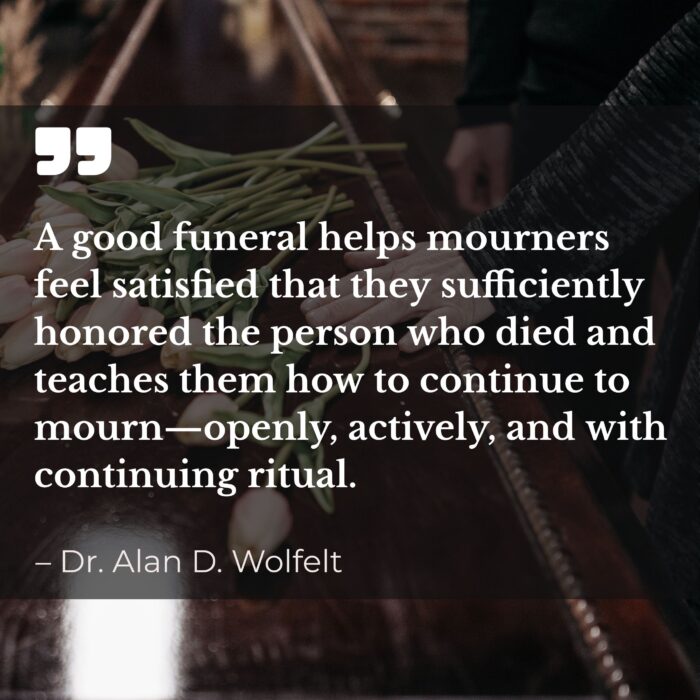Oct 13, 2015
Guest Blogger: Jill Johnson-Young
ASD is pleased to share this month’s guest blog post in our new blog series from Jill Johnson-Young. The blog series is focused on aftercare, self care, and helping families with grief recovery. Jill Johnson-Young, LCSW, is a clinical therapist in private practice in Riverside, California. She is the co-owner of Central Counseling Services, where she specializes in grief and loss for adults and children, as well as individual and family therapy. Jill is certified as a Grief Recovery Specialist through the Grief Recovery Institute and has more than a decade of experience as a medical social worker in hospice both in California and Florida. She holds a Master’s degree in Social Work from the University of South Florida and is licensed in California. Jill is a member of the Orange Belt Funeral Director’s Association. Her passion is seeing people work through the losses they experience and finding a new path where they can thrive in a life they choose.
Tips for Handling Funeral Home Stress
One of the biggest factors in the life of funeral staff at all levels is the stress of being in a business that faces families in crisis every day. Think back- when was the last time you had a day that was entirely pleasant and allowed you to complete everything on your to-do list? … Can you think of even one? Or a day when not one phone call was a family member who was lashing out because they didn’t know how to handle their grief or family conflict, and you just happened to be available?
Then let’s add a shake or two of additional stress: the holidays are coming now. Look in the stores. You can’t miss it. At Costco, they had Halloween costumes and candy in front, Thanksgiving in the middle, and Christmas in the back, with some Day of the Dead tequila on the side (at $50.00 a bottle!). I almost started looking for New Year’s hats to complete the cycle in one shopping trip. Fortunately, we came home with only Halloween treats and a dog skeleton with glowing red eyes. I don’t know one funeral director or mortician who can count on not having to be on call or working on the holidays.
“A funeral on Christmas Eve? Certainly. Whatever meets your needs.” “Visitation on the Wednesday before Thanksgiving? Absolutely.” You may never make it home in the traffic afterward, but you’ve met that family’s needs and theirs come first. Then you have to explain to your family at home what was expected of you. You intend to go shopping, but something comes up. In hospice, we always had a significant rise in deaths just prior to the holidays and directly afterward. Funeral professionals are called to pick up the pieces as hospice is closing their part in the lives of the families.
So stress is up all the time, the demands are constant, and it’s already October. You know what’s coming next. Where do you put the stress? If you are like most folks there are a few choices:
- Your co-workers
- Your family
- The brakes on your car
Do you see yourself there? After a challenging day, do you see your co-workers avoiding you? Can you feel your face set into a mask with clenched jaws? Are your shoulders so tight you actually just realized they are there? Do you walk in the door at home and find it difficult to say anything nice or find energy for your family?
Your stress is real. Your profession is among the most difficult and misunderstood. That’s why co-workers become the first target on a bad day. You are sharing it together. The result is never a good one. Staying focused on the difficult and negative stuff makes it impossible to have a clear head and thought process. Your brain chemistry shifts to stress hormones and shuts down your ability to feel good, quite literally. It reduces the serotonin in your brain. Then it becomes a cycle that can’t stop, unless you do. The good news is that you can change it if you think about it and stay in the present. This is how that works:
- As you begin your day, take a deep breath and get your list of tasks in order.
- When conflict or challenges occur, make it a conscious task to breathe slowly, roll your shoulders back, and sit or stand without pulling inward.
- Think about your jaw and facial expression, even on the phone. If you can make yourself relax your physical stance, your brain will follow your cues.
- If someone is raising their voice, lower yours. It works like a charm. It’s no fun to yell at someone who won’t yell back.
- If it’s an especially difficult situation, take three minutes- just three- to walk away and take three long, slow deep breaths. Regain your center, and focus on the task involved, not the emotions.
- When the day is done, leave it behind. I know that’s difficult. (Therapists are guilty of the same behavior). How do you do that? Think about what you could have done differently- learn from it for next time. Then accept that, in that moment, you did the best you could with what you had. If you need to forgive yourself, do so. Then put it away. You may find it helpful to review some parts with your colleagues in a positive light tomorrow, but for right now, your work day is over. This will help you to walk in at home and have emotional energy for your family
I realize it sounds simplistic, but the research demonstrates that such an approach really works. Self-talk is an excellent way to prepare for walking in the door both at work and at home. It makes for a more productive day with a better attitude, and a better evening with less baggage. And with the holidays coming, and the baggage they bring every year, let’s lighten your load a bit.
Have a great month!
Check back next month for another guest post from Jill Johnson-Young.
Be sure to read Jill’s Other ASD Guest Blog Posts:
Guest Blog Post #1: Providing Grief Support to Families
Guest Blog Post #2: Self-Care Moments for the Funeral Profession
About The Author
Jess Farren (Fowler)
Jess Farren (Fowler) is a Public Relations Specialist and Staff Writer who has been a part of the ASD team since 2003. Jess manages ASD’s company blog and has been published in several funeral trade magazines. She has written articles on a variety of subjects including communication, business planning, technology, marketing and funeral trends. You can contact Jess directly at Jess@myASD.com


